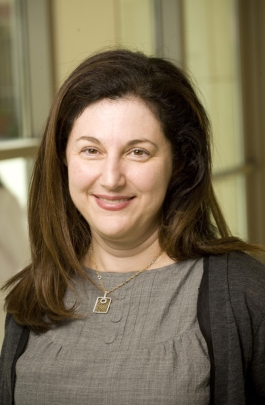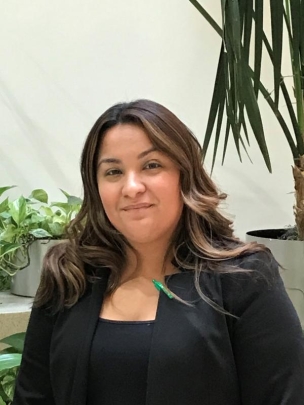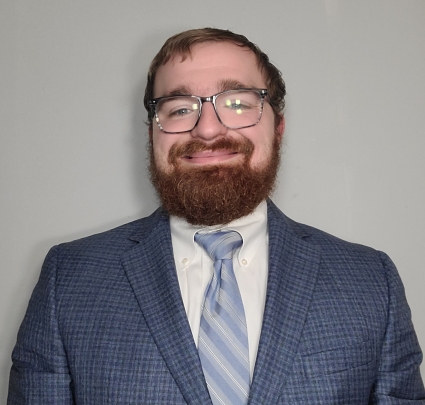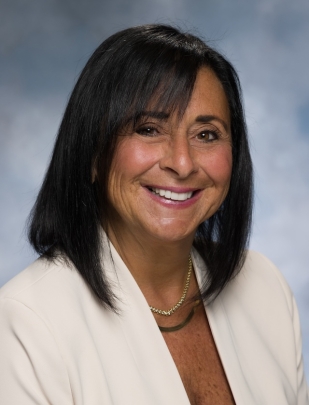
Joint Office of Faculty Mentorship
at Rutgers Cancer Institute & Robert Wood Johnson Medical School
Mission
The Joint Office of Faculty Mentorship combines the clinical, academic, and research expertise of both Rutgers Cancer Institute and Robert Wood Johnson Medical School to provide faculty with opportunities to improve their careers through robust mentorship opportunities.
Faculty Mentorship
To facilitate our Mission, we have provided resources below to aid with finding a mentor, improving your mentorship experience, our EMERGE program, and a place to log your mentorship committee meeting notes.

Mentorship Information
-
The link below is an Excel chart listing some of the potential mentors here at Robert Wood Johnson Medical School and Rutgers Cancer Institute. You can filter them by department and topic(s) of interest to find the best match for your goals and career.
-
Below are handouts on common mentor and mentee topics that you may find useful in your mentorship journey.
Finding the Right Mentor for You:
The first step in a great mentor relationship is finding ones that work with, we’ve created a guide for helping you find the right mentor and a checklist to reflect on your goals and needs prior to your first meeting with a potential mentor.
Individual Development Plans (IDP):
Mentees can work on their IDP with their mentor to help guide their career goals, plan for future responsibilities, and tack their successes long term. Click here [Click here text will be a hyper link to Faculty Development | Rutgers Health Faculty Affairs | Rutgers University] to access the Rutgers Health IDP form for faculty.
Setting Professional Goals:
It can be helpful to write down your career goals to give both you and your mentor a clear understanding of what support you are looking for. The first is a SMART framework to help guide the process of creating both long and short-term career goals.
There is also a goal setting and mentee needs worksheet to help identify what needs you may have in your professional development, as well as different aspects of your career you can make goals in.
Managing Relationship with your Mentor:Some mentees (and mentors) find it useful to make a mentorship compact or “compact”, which is a document outlining the agreement of the expectations for the mentee-mentor relationship. While these forms are not required by Rutgers Cancer Institute or Robert Wood Johnson Medical School, some mentees and mentors find them useful for establishing expectations, guidelines, and clarifying any details of the mentorship upfront. An example of a compact is provided here.
In addition, to help with establishing boundaries and healthy communication, we have a sheet to help you identify and communicate your needs to your mentor as well as general best practices for meeting with a mentor -
TBD
-
EMERGE is a faculty mentorship program designed for mentees. We hold five in-person sessions with 10-20 faculty members. Each session has small group discussions facilitated by senior faculty members
After the didactic sessions are complete, we hold five online group sessions with the small groups
Key Topics
-
Clarifying expectations for the mentorship relationship and building a mentorship team
-
Assessing and developing professional and academic goals
-
Developing strong communication skills to promote academic success
Sign up here!
-
-
To log your meetings with your mentorship committee please complete the following form
[PENDING QUALTRICS FORM CREATION]
In addition to filling out the form, you can deposit any notes you took into this digital drop box. If you’d like to retrieve any file please email Mentorship@cinj.rutgers.edu
Click Here to deposit your notes.




